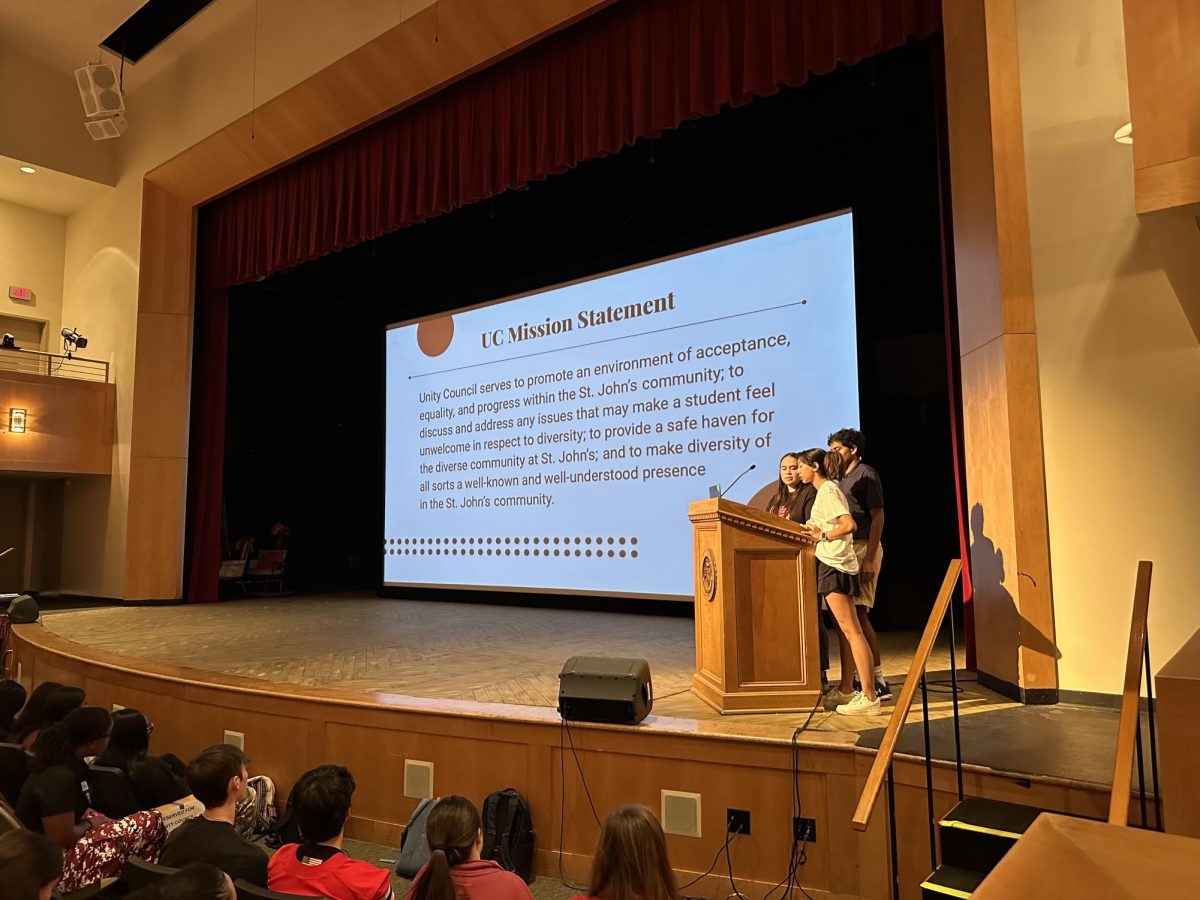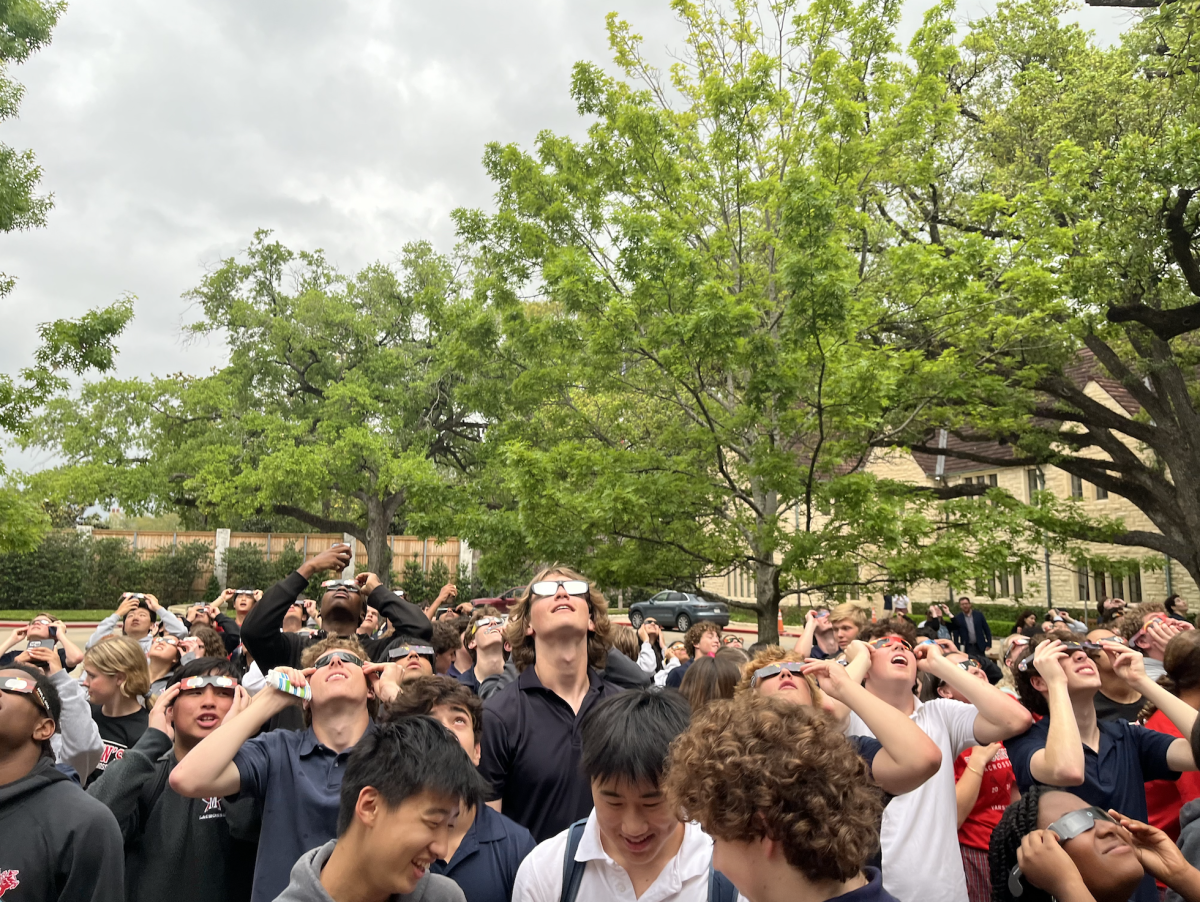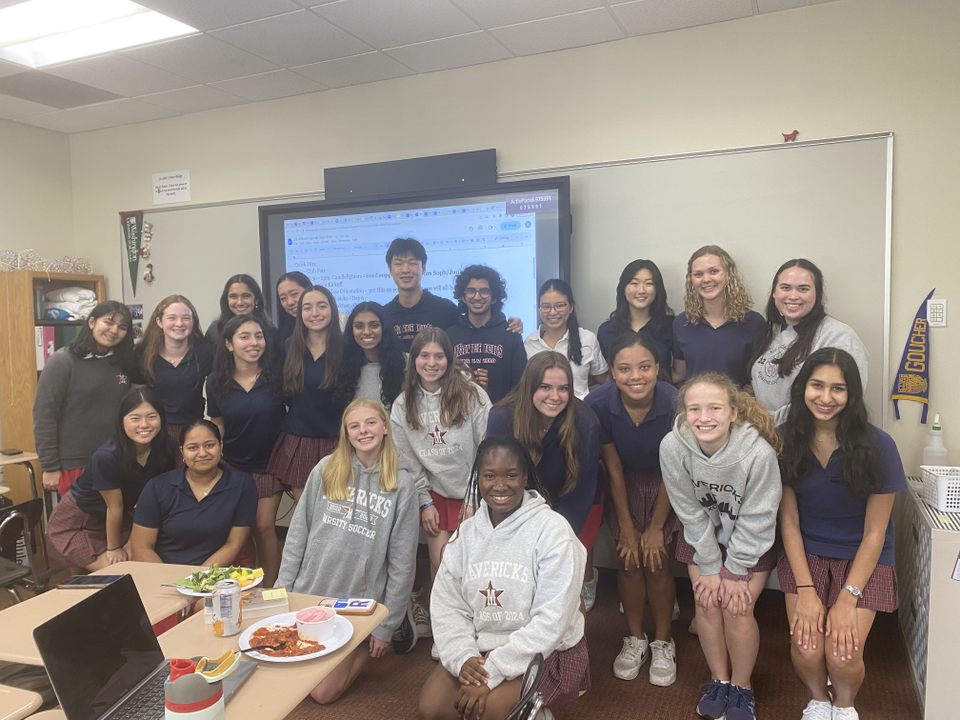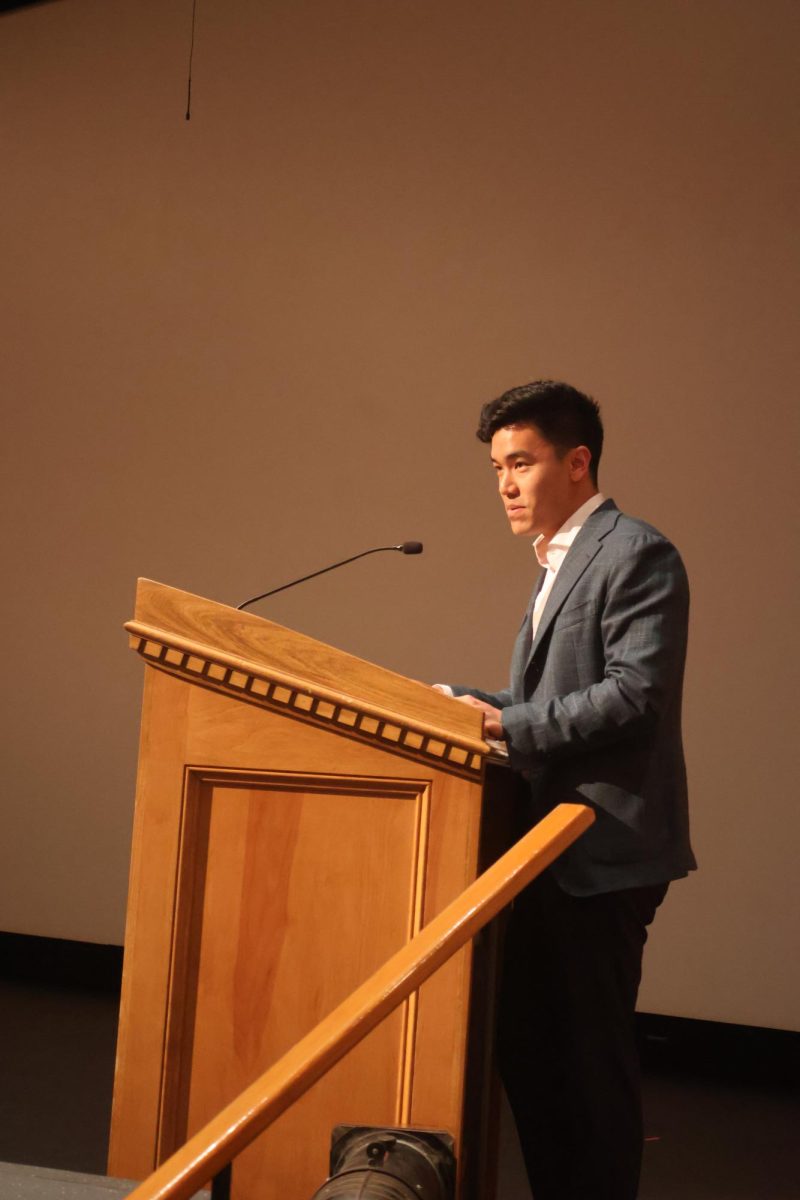On April 2, the University of Texas at Austin laid off at least 60 staff members who worked in diversity, equity and inclusion-related offices. This decision received immediate backlash from the student community, who demanded President Jay Hartzell to alter his statement.
A week later, the president of UT Dallas released a statement which regarded the disbandment of the Office of Campus Resources & Support, a newly opened safe space to ensure students felt welcomed. Over 20 staff members who worked towards creating an inclusive environment were fired.
“It is vital for colleges to employ people from diverse backgrounds so diverse students can be supported and encouraged through belonging and representation,” senior Mackenzie Rice said.
On Jan. 1 Governor Greg Abbott passed Senate Bill 17, which banned all Diversity, Equity and Inclusion offices and initiatives on higher education campuses across the state.
DEI offices played an important role in helping students from a minority background feel welcomed. The new law prohibits DEI offices, staff, training, programs and activities based on race, color, ethnicity, gender identity or sexual orientation unless approved by the Texas Higher Education Coordinating Board. Senate Bill 17 aims to avoid providing special benefits to students based on race or ethnicity.
“With this bold, forward-thinking legislation to eliminate DEI programs, Texas is leading the nation and ensuring our campuses’ return to focusing on the strength of diversity,” said Republican State Senator Brandon Creighton, the bill’s author.
After state leaders scrutinized universities on their progress in implementing Senate Bill 17, Creighton sent a letter on March 26 to university leaders reinforcing his expectations for keeping DEI programs out of state schools.
“This letter should serve as a notice that this practice is unacceptable — and also a reminder that this bill encompasses stringent enforcement provisions,” Creighton wrote in the letter.
The consequences could include the potential freezing of university funding, which ensures that state dollars and resources will not be used to promote any diversity initiatives. Furthermore, Abbott ensured that more laws will be passed in the next legislative session to enforce the ban, affecting college decisions for many students at the School.
“In-state colleges are the only affordable option for many students, and public universities completely rely on state funding,” said Mateo Ramirez-Valentini, one of three Unity Councils’ Vice-Chairs. “Colleges are forced to comply with Senate Bill 17 due to the looming threat of monetary loss.”
The ultimatums posed by the state government had immediate ramifications for marginalized students at public universities.
The Multicultural Engagement Center, a staple on UT Austin’s campus for the past 25 years, closed its doors in January. MEC housed six university-sponsored groups that supported African American, Asian-Pacific Islander, Latino, Native American and Queer students. Additionally, MEC was home to Students for Equity and Diversity, who worked towards making campus a more inclusive space.
“By removing these spaces, it’s a targeted attack against underrepresented students who will be affected disproportionately,” Ramirez-Valentini said.
The removal of MEC not only removed a safe space for minority students but also demonstrates what may come for other organizations.
“One role of higher education is to provide students with a holistic understanding of the real world, which includes cultural competency and accepting other people’s backgrounds,” Rice said. “Senate Bill 17 might leave many historically marginalized students vulnerable as they don’t have as much support for success in historically and predominately white institutions.”
The majority of colleges and universities in the state are forced to shut down their DEI initiatives to avoid breaking the law, demonstrating the impact Senate Bill 17 has on higher education.
“Without having spaces to advocate for students, it makes students feel like they have to fight for their place in school, which is something no one wants to do,” Ramirez-Valentini said.

























P. Sudhakara shetty • Apr 25, 2024 at 8:29 AM
Beautiful fully written. I highly appreciate the way it is written on the important subject.